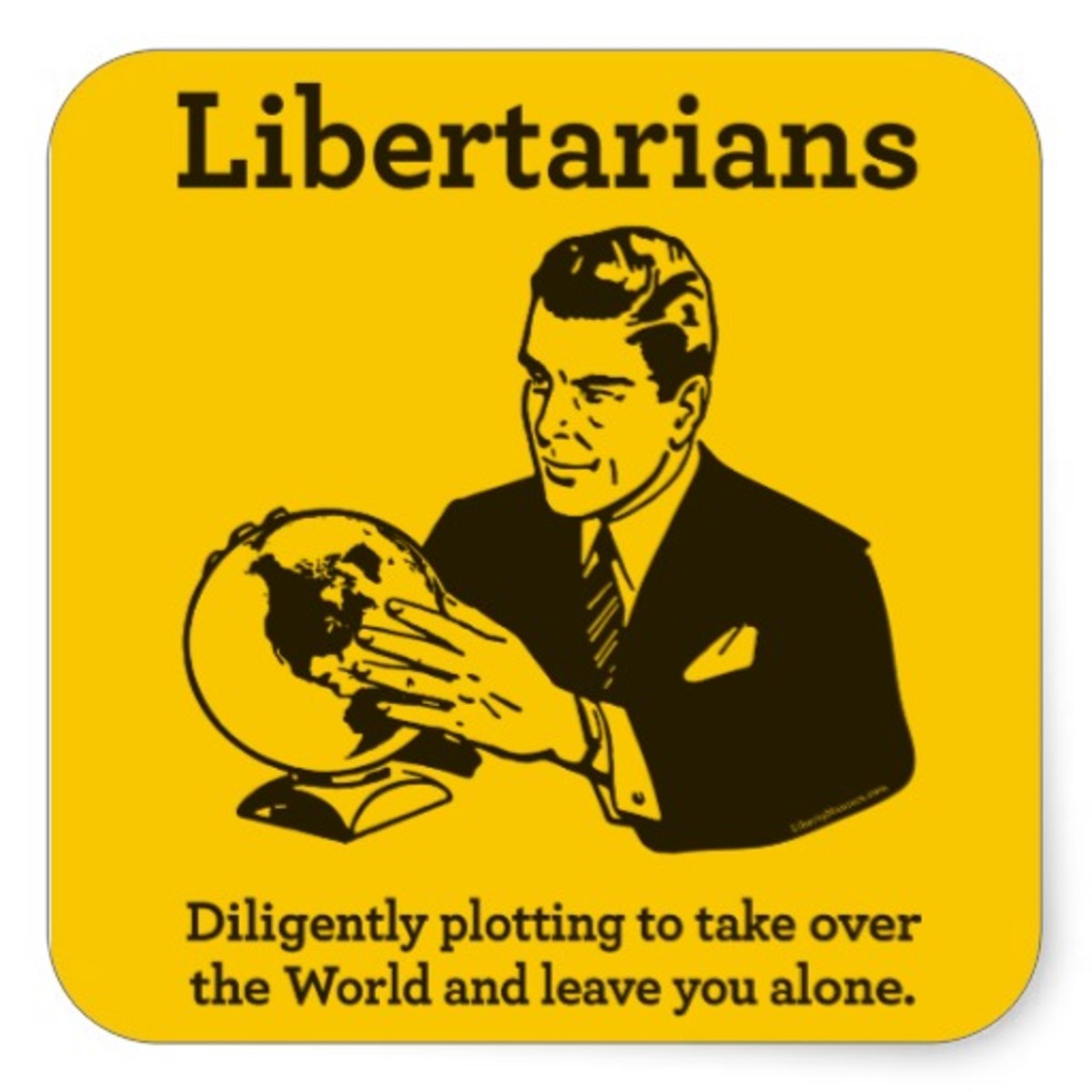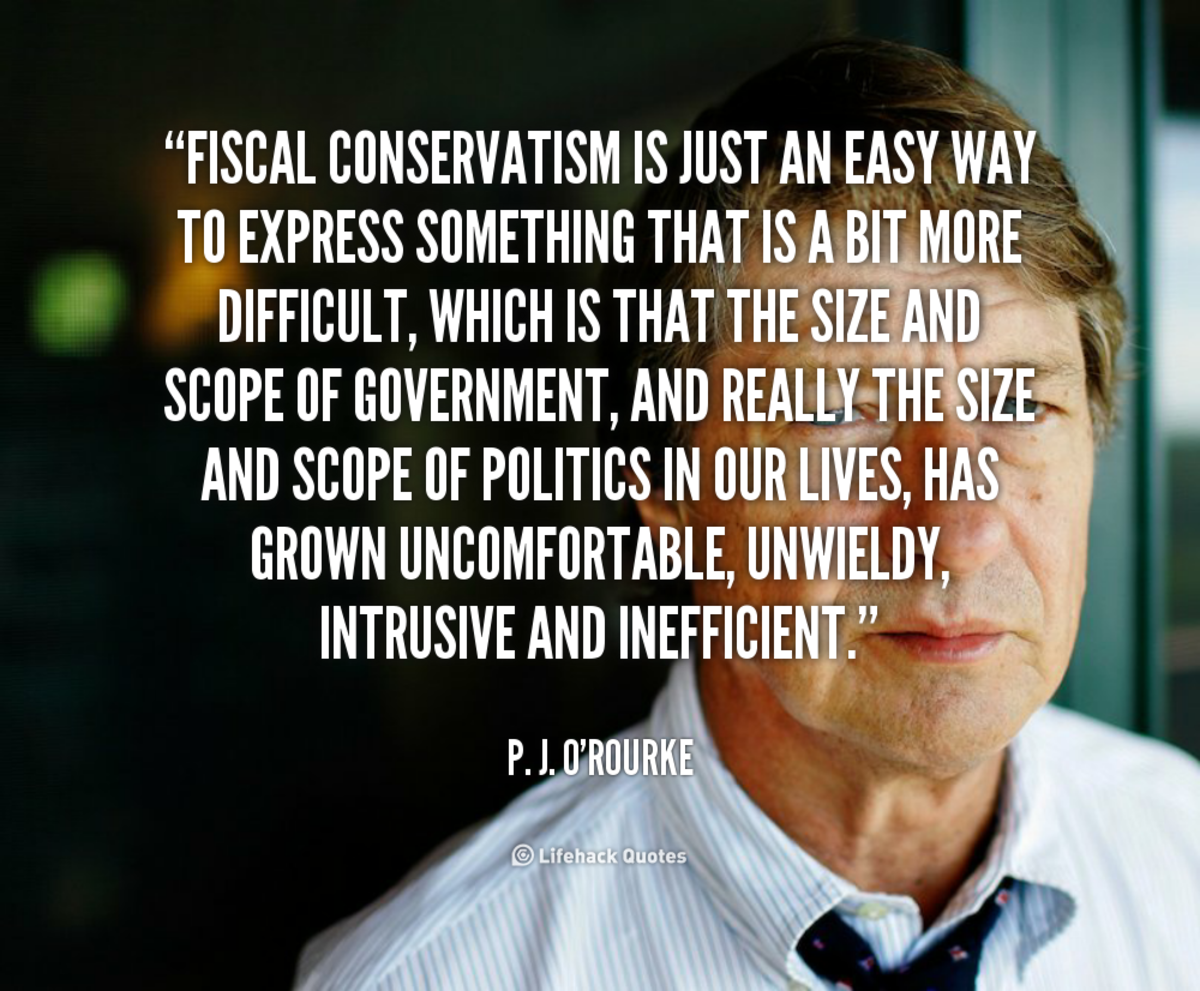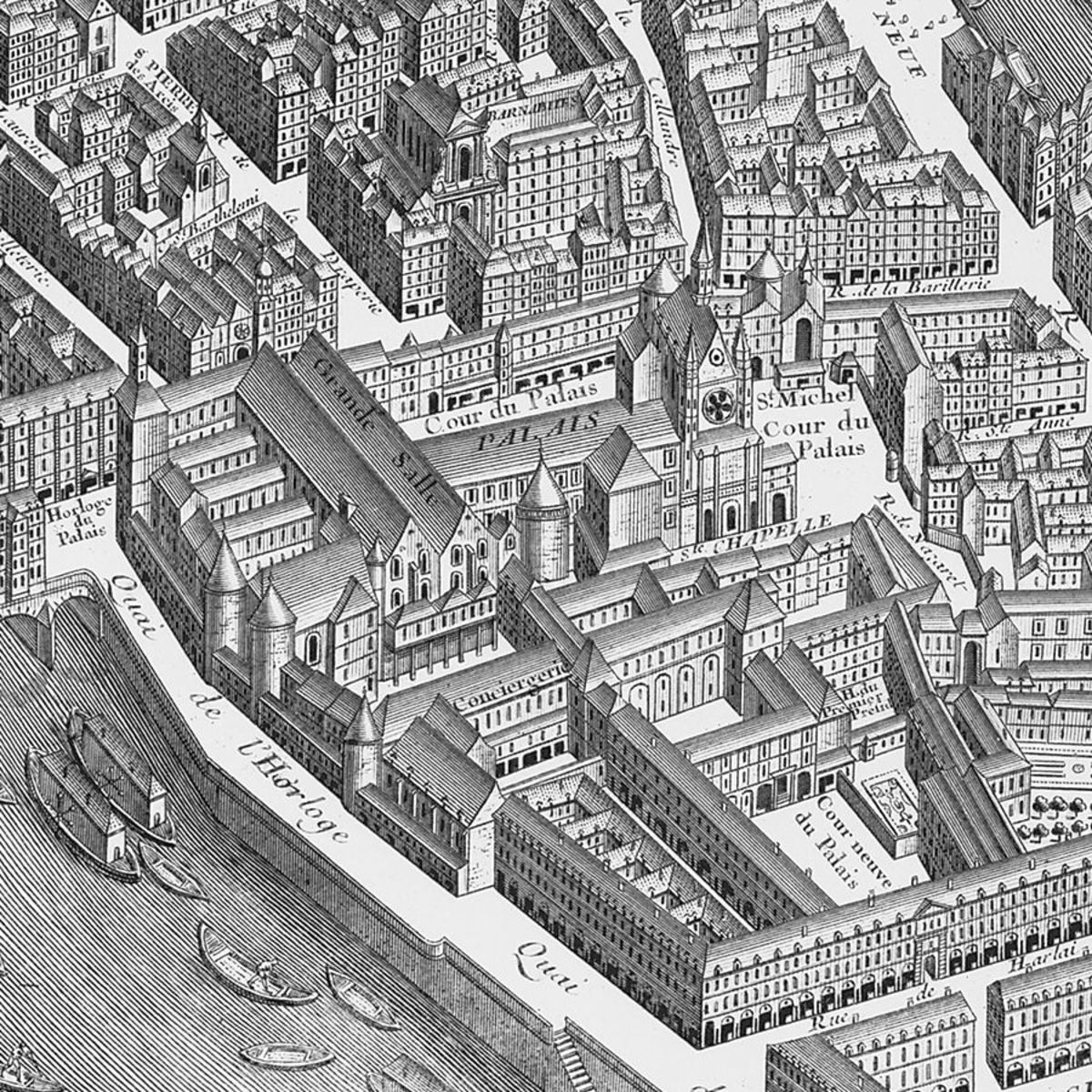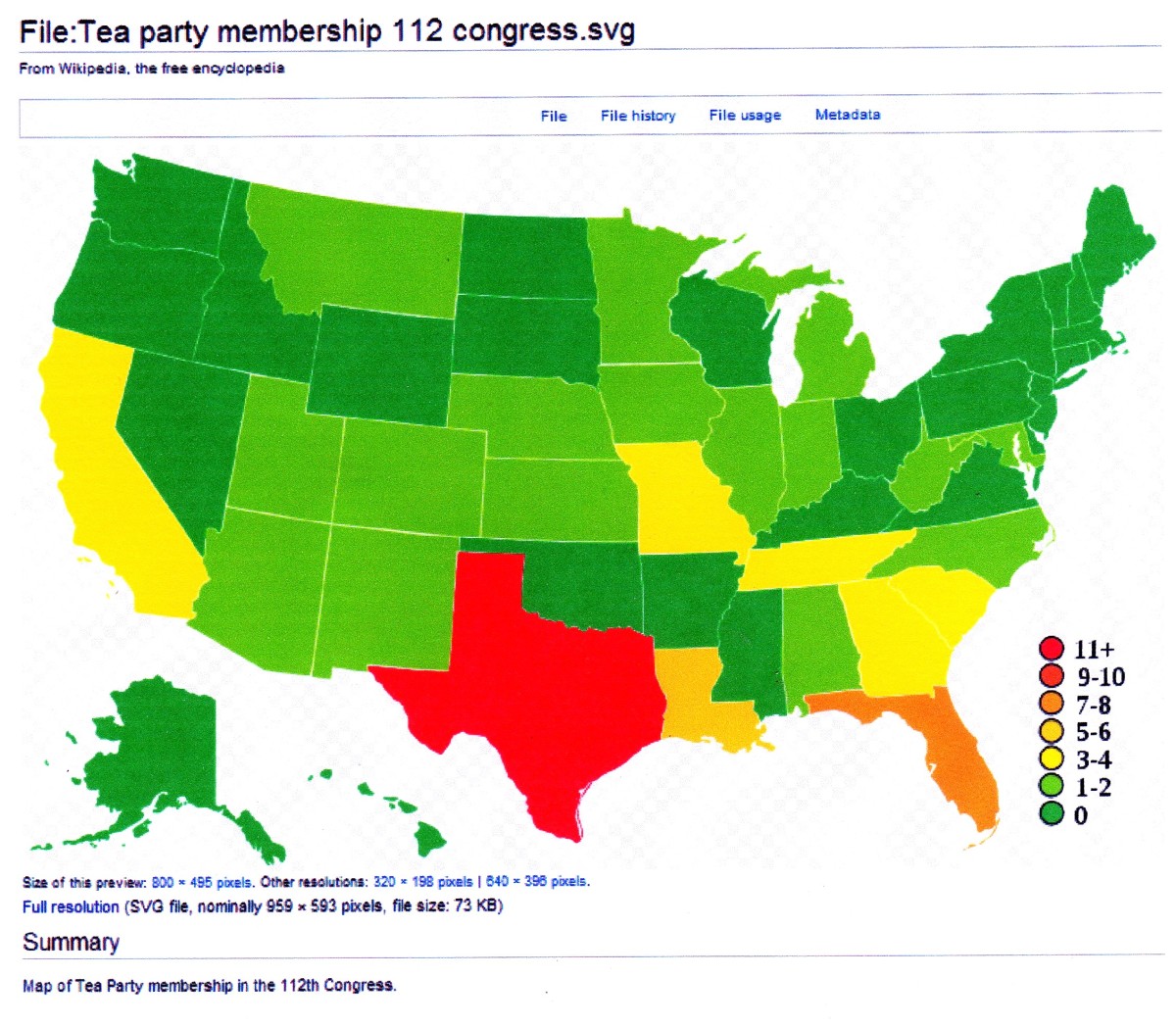The Libertarian Utopia: Sweet Dream or Nightmare? Part 1
A Jeffersonian or Hamiltonian State?
Conflict and confrontation in American government is nothing new. Many people look at the gridlock of the past year and think that this has to be the worst period in American history. It's important to remember that people in government have rarely gotten along while singing kumbaya around the campfire. There have been physical altercations in Congress, the most famous of which was probably the Sumner-Brooks affair in which Congressman Preston Brooks bludgeoned Senator Charles Sumner within an inch of his life over some comments Sumner made regarding one of Brooks' kinfolk. Such fisticuffs have not been terribly common in recent years, but gridlock is a fact of life when it comes to American government. Much of the gridlock comes from a disagreement over what America should look like. Many Republicans on the right wing of the party today lean toward libertarianism. A textbook definition of a libertarian is one who seeks to maximize individual rights while minimizing the role of the state (http://www.thefreedictionary.com/libertarianism). This idea seems to be the American ideal. But the question arises, would such a state work effectively?
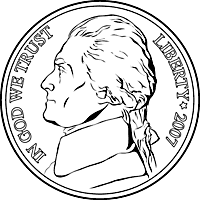
Competing Views
If one were to look up the definition of libertarian in a picture dictionary, it is likely that a picture of Thomas Jefferson would pop up. Jefferson was the most libertarian-leaning president in United States history. He had a strong faith in the people and thought that maximizing personal liberty would be a great thing for the new country. He was for a small, weak national government that had as little to do with the everyday lives of the people as possible. His ideal state was made up of sturdy yeoman farmers, although in the classical terminology, Jefferson himself would have qualified as a gentleman. Both yeomen and gentlemen owned the land that they worked. The difference between the two lay in who worked the land. Yeomen worked their own land, while gentlemen had others work the land for them (in Jefferson's case, slaves, which is ironic considering his emphasis on liberty). Jefferson was no fan of urban areas and did not emphasize the growth of industry, because of his desire for an agrarian state.
Jefferson's nemesis in the Washington administration and afterward was Alexander Hamilton. On just about every major issue, Hamilton and Jefferson disagreed. Hamilton wanted a strong national government that could compete with the nations of Europe. The strong national government would legitimate the newly created United States on the world stage. He encouraged the growth of industries and cities. Finally, Hamilton was for creating a national debt to finance the nation's growth (much as Great Britain had), while Jefferson wanted to retire the debt from the American Revolution.
One does not need to look far in American life today to see that the Hamiltonian vision characterizes the United States much more than does the Jeffersonian vision. In many ways, it generally has throughout the nation's history. Could a libertarian vision in the Jeffersonian tradition work in today's world? Some politicians seem to argue that it would. However, the United States has fundamentally changed since TJ's time on the national stage. A largely agrarian country became one of the most industrialized and advanced nations on the planet. In Jefferson's day, just about anyone could save up enough money to buy cheap land and make their own way on the frontier. 40-acre plots could be had for $40 in the old Northwest Territory. During the era of the Homestead Act, the government gave away land to the tune of 160-acres for basically nothing if people lived on it for five years and "improved" it. Moving wasn't easy, but there was opportunity.
Under nineteenth-century conditions, the rugged individualist could thrive with little influence from the government, or anyone else for that matter. Today, land costs in the thousands per acre, which puts it out of reach for many people. According to the 1890 census, the frontier officially closed. The government no longer gives free land away. The US government still owns quite a bit of land, but much of it is in western desert areas that are not conducive to farming. While it appeared that Jefferson's "empire for liberty" could be realized for a time in the nineteenth century, American life has radically changed.


